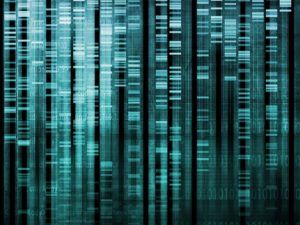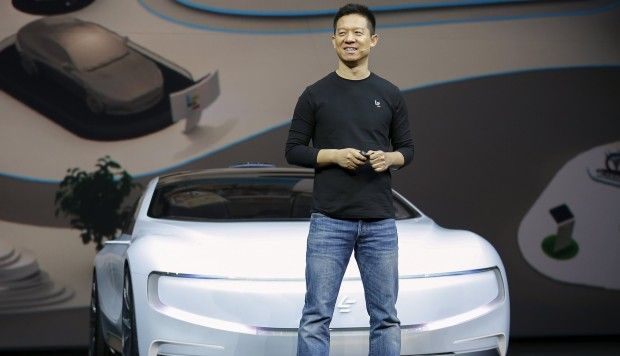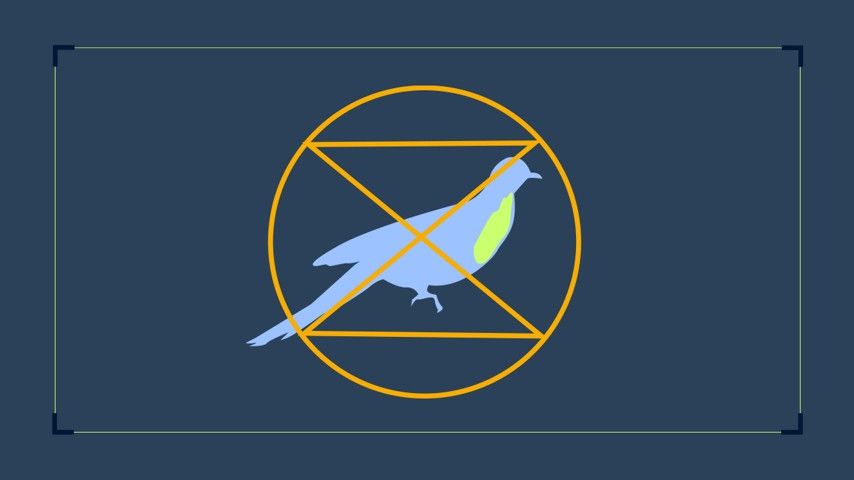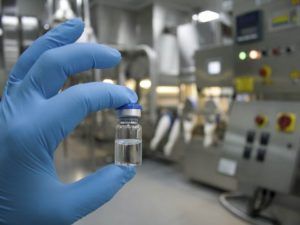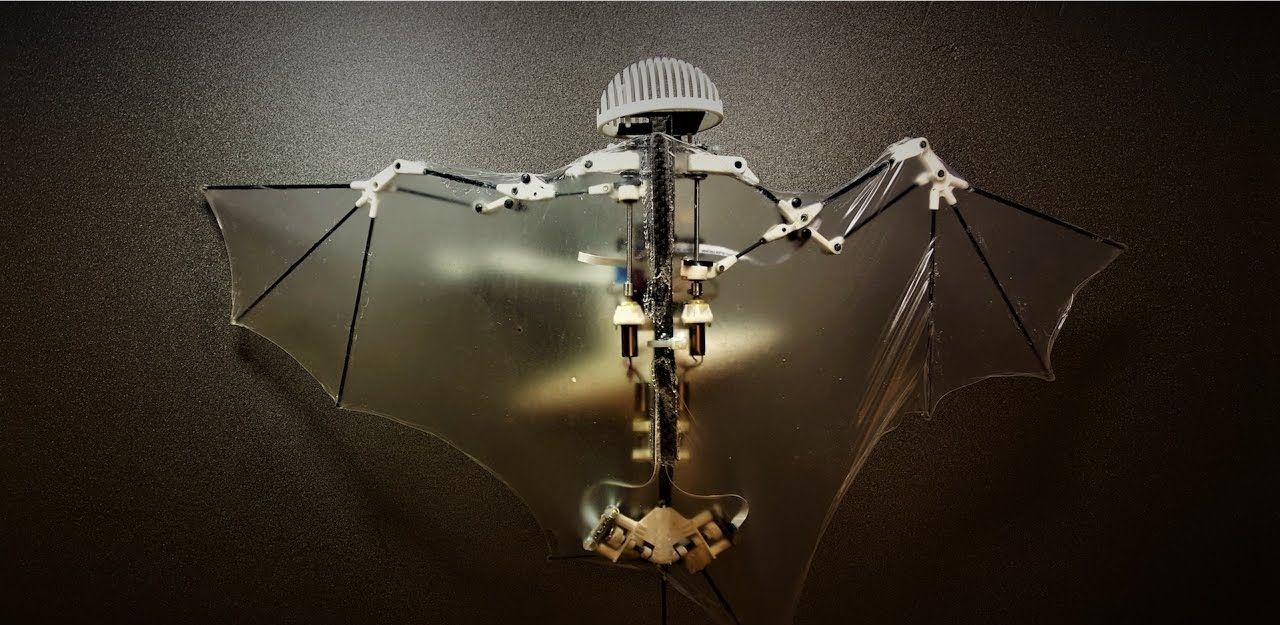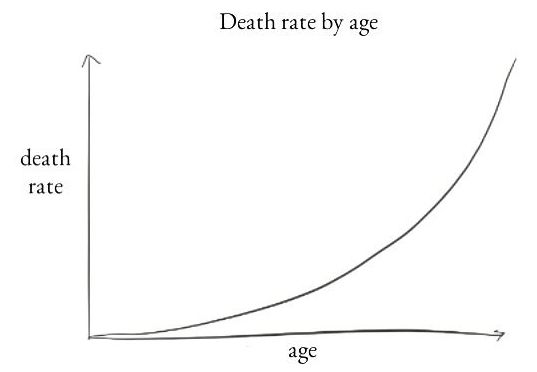https://www.spreaker.com/user/xzoneradiotv/xzrs20180108epaemirapastor
His ultimate quest, though, was the automobile. The integration of the internet and self-driving, emission-free vehicles, he once said, would not only clean up the country’s polluted cities, it would free up millions of people to consume more of LeEco’s services on their commutes.
Visionary or reckless risk-taker? Self-made internet entrepreneur Jia Yueting once ranked among China’s richest men, but overexpansion and a funding crunch have him scrambling to save his sprawling tech empire.
The extinction of various species has led to a segregation of human activity and natural activity, says Stewart Brand of The Long Now Foundation, which focuses on long-term strategies for the next 10,000 years. The organization develops biotechnology to allow humans to better co-exist with nature. In this interview filmed at the 2016 Aspen Ideas Festival, Brand discusses how biotechnology can be used to bring back the passenger pigeon from extinction and mitigate climate change at last.
AgeX, one of our supported startups aiming at turning basic research into actual rejuvenation therapies for human application, just published a breakthrough genetic discovery that could enable us to activate tissue regeneration capabilities in humans.
Dr. Mike West, CEO of AgeX, will also be presenting at undoing-aging.org
_______
More info on Forever Healthy: forever-healthy.org
You can join the FH community here: fb.com/groups/foreverhealthy.org
#foreverhealthy #undoingaging
At the moment, it is easy and comforting to imagine that the machines will mostly be complementary to human workers, whose common sense and human touch will still be necessary. But over the next half-century, AI will get better faster than humans can learn new skills. While we are probably still a very long way away from an AI with humanlike general intelligence, we are much closer to a world where particular machines can perform specific tasks as well as humans and at far less cost—precisely the kind of change that reshaped nations 150 years ago. Long before we find ourselves dealing with malevolent AIs or genetically engineered superhumans, and perhaps just 10 to 20 years from now, we will have to deal with the threat technology poses to our social order—and to our politics.
Automation is dramatically reshaping the workforce, but we’ve barely begun to grapple with how it will reshape society.
Wirelessly powered, biomimetic spybots…
A new contest seeks flight systems inspired by Mother Nature and powered by directed-energy beams.
Tired: multi-rotor copters and fixed-wing drones. Wired: flying robots that move like living animals, are crafted of next-generation materials, and draw their power not from batteries but energy beamed from nearby aircraft.
On Wednesday, the Defense Enterprise Science Initiative, or DESI, announced a competition for basic science grants to build “new paradigms for autonomous flight, with a focus on highly-maneuverable platforms and algorithms for flight control and decision making.” An accompanying Broad Agency Announcement gets more specific: basically, they’re looking for bat-like drones that can be powered with directed-energy beams.
